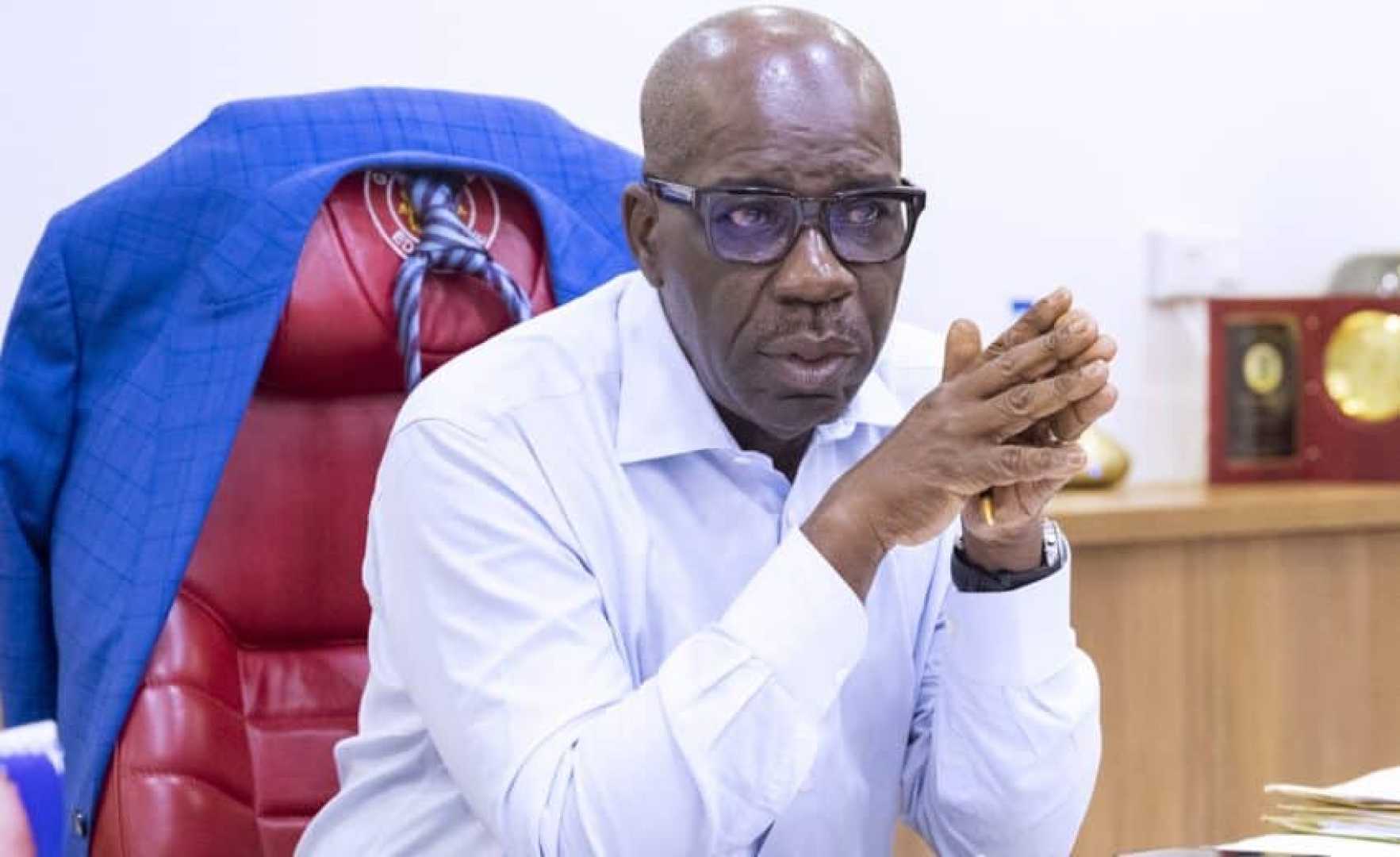Politics
Tensions Rise as Edo State Governor Visits INEC Office

In the early hours of Sunday, Edo State Governor Godwin Obaseki made an unexpected visit to the Independent National Electoral Commission (INEC) office in Benin City, causing a stir among officials and political parties involved in the state’s recently conducted governorship election. This visit was reportedly unscheduled, occurring around 2 a.m. and accompanied by a security entourage.
The INEC office serves as the primary state collation center for the election that took place on Saturday. Sources indicate that Governor Obaseki’s presence at this location was unauthorized, as the collation center is exclusively accessible to party agents, executives, journalists, and election observers during its activities. Officials at the site reportedly informed Obaseki of this protocol.
Despite this, Obaseki allegedly insisted on meeting with the Resident Electoral Commission (REC) and was eventually granted an audience. This action reportedly prompted a reaction from the All Progressives Congress (APC), whose officials and supporters also descended on the INEC office to express their disapproval of the governor’s presence.
While specific details of the discussions between Obaseki and the REC remain undisclosed, there are reports suggesting that some APC officials might have joined the meeting. However, these reports have not been independently confirmed by media outlets.
The situation further intensified when the Deputy Inspector General (DIG) of Police, Frank Mba, arrived at the premises around 3 a.m. with a contingent of police officers and soldiers. This move appeared to be a precautionary measure to prevent any potential conflict.
By 4:45 a.m., Governor Obaseki was reportedly escorted out of the INEC premises by security personnel, who requested that he leave the area.
As of the time of this report, INEC had not commenced the official announcement of the governorship election results at the collation centers. However, significant progress has been made in uploading election results from polling units to the Commission’s IReV portal, with result sheets from 4,259 out of 4,519 polling units reportedly being uploaded.












